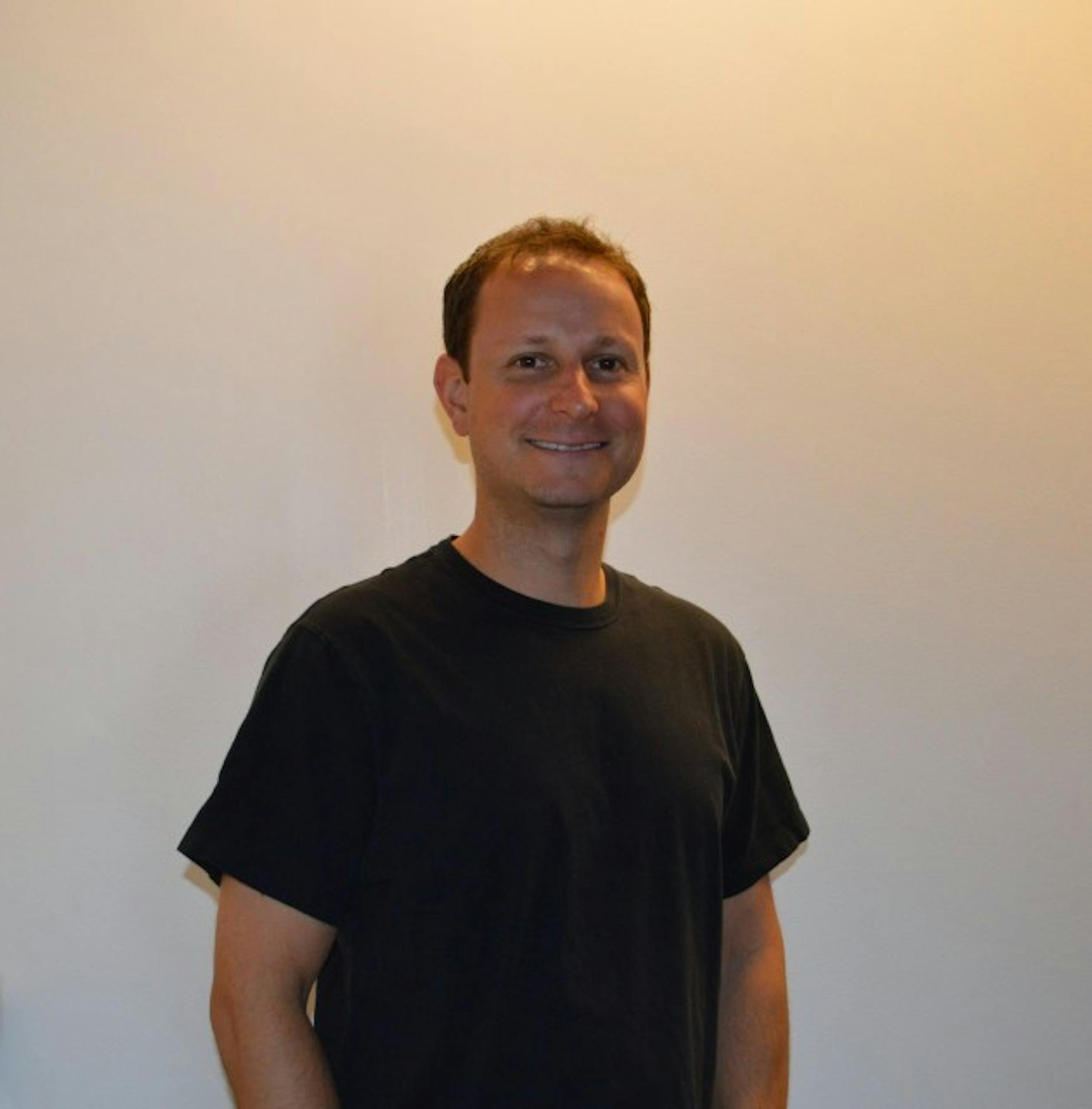Interview Column
The following is an interview with Boston Calling music festival co-founder Brian Appel. Appel previously worked for Boston radio station WFNX and created Boston Calling with his friend and collegue Mike Snow last May.
JustArts: What was your vision when you began developing this festival, and how close is the final product to your original vision?
Brian Appel: Our original vision is very close to the final product and I think it will be fully realized this weekend. We wanted a festival of 20,000 to 25,000 people in the middle of downtown Boston that is accessible to lots of different people from lots of different areas. We also wanted to set it up in a way that gave people easy access to food, drink and the stages. Finally, we wanted a festival where people can leave and enter as they want. Boston Calling is designed to not be too much of an addition to people's regular lives, but instead be a quick escape or getaway from everyday life.
JA: Any other specific goals you had or charity initiatives you are paired with?
BA: We paired with [Boston Children's Hospital], so proceeds from everything sold will go to their music therapy program. Our goal for [the] first year is to create this set up where we are doing two festivals a year, one in the spring and one in the fall. We also wanted to get th the city comfortable with how we are doing it and maintaining a festival and then get people from the surrounding areas involved. We knew we wanted to partner with a charity from the beginning.
JA: Why you did you set it up as a Spring and Fall festival, whereas most festivals are an annual occurrence?
BA: We don't have the space like some of the larger festivals to put 70-80,000 people somewhere and have a bunch of stages. We thought that if we booked the lineups right we would be able to attract enough people to make these festivals worthwhile. Boston also has a very transitive population with all the colleges in the area. We're catering to the mobile population of Boston and the college students. Given our size and the time of year we thought we would be able to sustain it better with two a year.
JA: What do you have planned for the future and what do you want the festival to become?
BA: We think the size and setup of the festival is perfect right now. We aren't really looking to change the number of festivals per year, either. Right now, we want to expand what we are doing during the week of the festival. We want to have events and programs leading up to the show that embrace the Boston community and draw them into the experience. We're going to stick with two a year, and just try to improve that week leading up to it and the overall experience.
JA: Why did you choose Boston for the festival? Do you feel like this setup could work in any city, or is it tailored to Boston?
BA: My business partner Mike Snow and I came from the Phoenix and WFNX respectively. The Phoenix is a publication that is very in touch with the local music scene and WFNX is a radio station that for years really helped up and coming bands survive. WFNX was never afraid to play local bands on the radio.
JA: How did the process to arrange the fall festival differ from how you arranged the spring festival?
BA: With May under our belt we thought we would be able to just use that as a template and do it much smoother in September, and that's true for some things. In reality though, we ended up changing an awful lot since May, mostly about how the festival grounds are laid out. One of the biggest things we heard as feedback from May is that our second stage was tougher to get in front of, hear and see. We made it closer to see and easier to hear the artists, and made it much easier to access for everybody.
- Douglas Levine
*



Please note All comments are eligible for publication in The Justice.